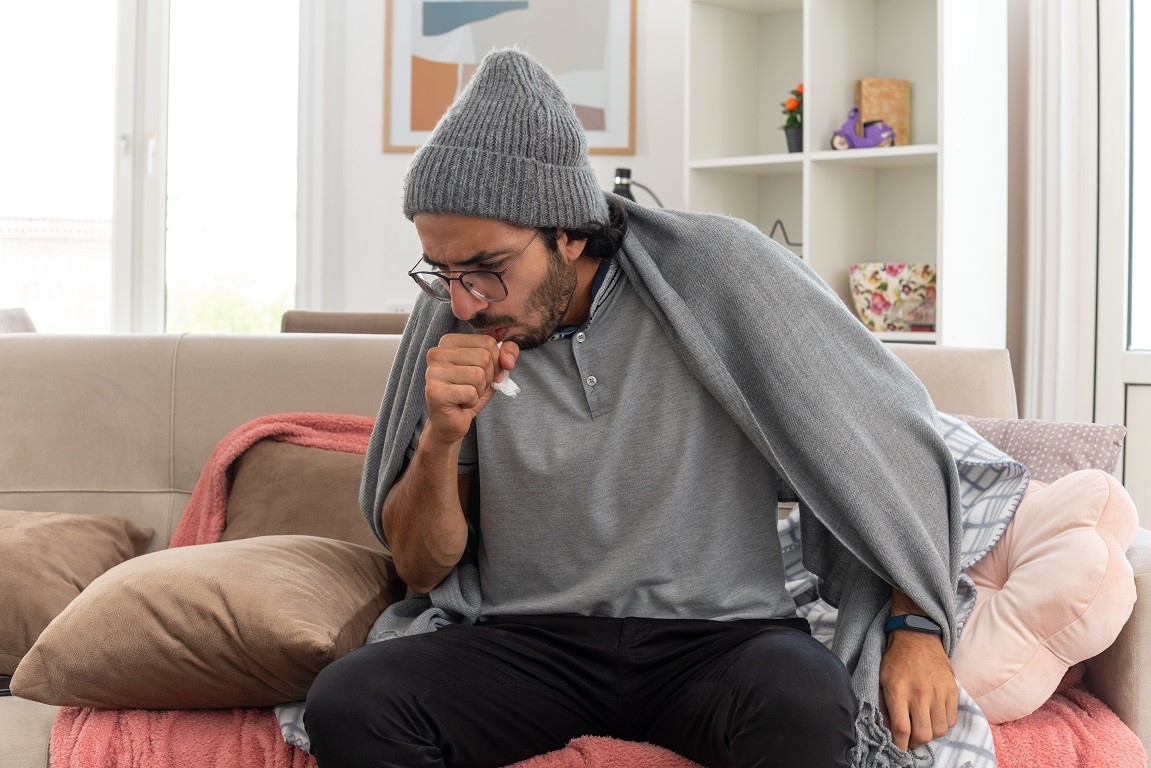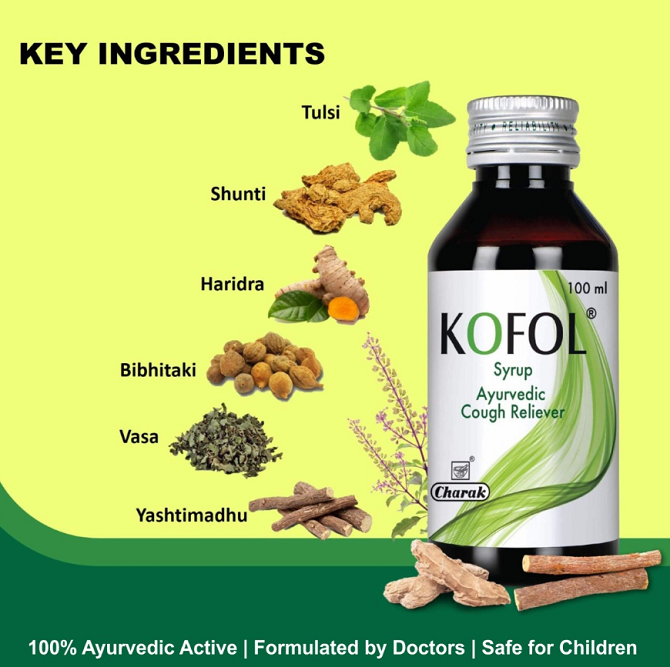
Our bodies use the reflexive action of coughing to get rid of throat or airway discomfort. The irritation is eliminated through a sudden, jarring evacuation of air. Both productive and non-productive coughs can be distinguished.
1. Productive Cough: Phlegm or mucus is produced during a productive cough, which efficiently removes it from the lungs. There is frequently a pathology or underlying cause for productive coughs.
2. Non-Productive Cough (Dry Cough): In contrast, a dry cough doesn't cause the production of phlegm or mucus. It is a dry cough, to put it another way. Dry coughs can have a variety of causes and may or may not be linked to a particular illness.
Asthma, gastroesophageal reflux disease (GERD), upper respiratory tract infections (URTI), COVID-19, exposure to irritants such gas, smoke, pollen, or pollutants, inappropriate swallowing of food and liquids, and asthma are some of the causes of dry cough.
A chronic dry cough can be bothersome, especially if it interferes with your sleep. A dry cough can make your airway extremely sensitive, making you cough at the smallest irritation even if there is no underlying illness. This leads to a vicious circle of pain.
Feelings of dryness, unceasing thirst, a tickling sensation in the throat, or tightness in the chest may accompany dry coughs. Dry coughs are painful, but they are frequently treated at home. However, because they are a marker of COVID-19, they have attracted a lot of attention.
It's important to avoid making hasty judgments and associating every dry cough with COVID-19. The most common symptoms of COVID-19 dry cough are high-grade fever, chills, shortness of breath, exhaustion, headache, loss of taste and smell, sore throat, nasal congestion, nausea, muscle aches, and diarrhea.
When to Seek Medical Advice:
If your dry cough is accompanied by any of the above-mentioned COVID-19 symptoms, consult a doctor right away.
- If, after using home cures for 5–6 days, your cough doesn't get better.
- If you cough up blood or phlegm, consult a doctor as soon as possible.
- If your dry cough is accompanied by chest pain.
Remedies for Dry Cough:
- Steer clear of extremely hot or cold foods. When you have a throat irritation, it's customary to drink hot liquids like soup or dal, but when the throat is inflamed, you shouldn't. Unless your doctor instructs differently, consume meals and beverages at room temperature.
- Sip warm water flavored with honey to quench your thirst and soothe your throat.
- Lozenges can be used to ease sore throat tissues and lessen dryness.
- Both dry and wet coughs can be relieved with Kofol syrup and Kofol SF Ayurvedic cough syrup. They comprise antibacterial and anti-inflammatory Ayurvedic herbs such shunthi (ginger), tulsi (holy basil), yashtimadhu (licorice), vasa (malabar nut), and bibhitaki.

In addition to being a fantastic option for managing cough, this combination of powerful Ayurvedic herbs also gives Kofol cough syrup immune-modulating qualities that support respiratory health even after the cough symptoms go away. These syrups can be combined with other drugs that your doctor has given because they don't cause drowsiness.